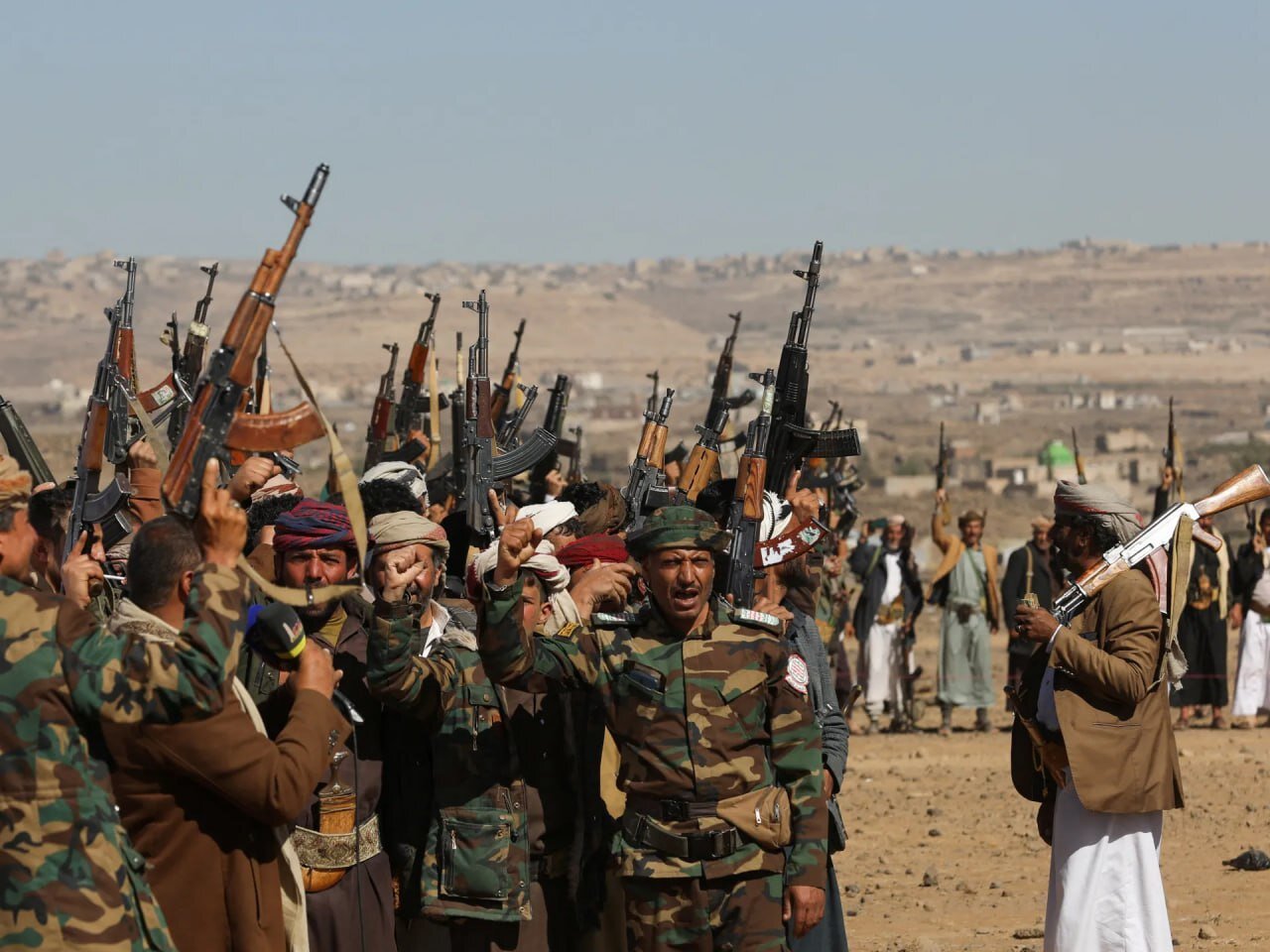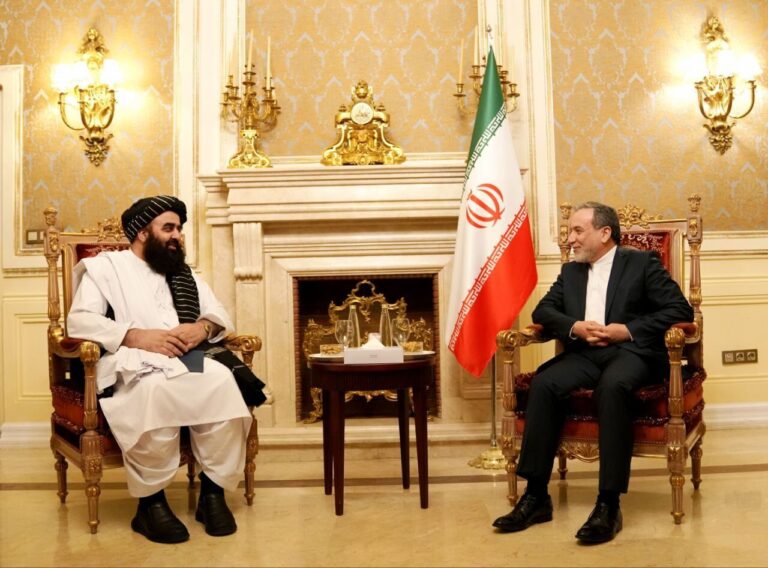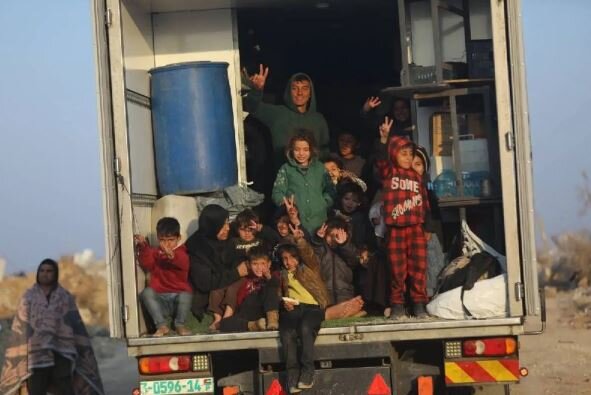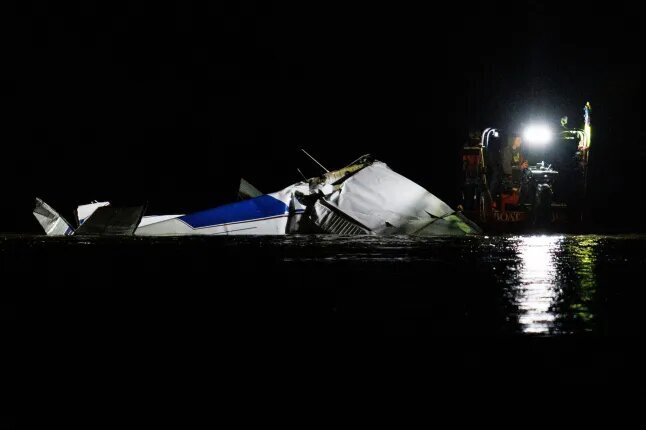Can Trump Turn the Tide in Yemen? A Look at Biden’s Year-Long Struggles
In recent years, the situation in Yemen has evolved significantly, showcasing the resilience of its people amid ongoing conflicts. The Yemeni struggle for sovereignty and the defense of Palestinian rights has become a symbol of resistance against foreign aggression. As the international coalition led by the United States and Britain continues to exert pressure, Yemen has emerged as a focal point in the fight against colonialism.
On the eve of the aggression that began on March 26, 2015, few could have anticipated that the Yemeni people would rise to the occasion, creating a legendary tale of defiance. Today, as we reflect on the challenges faced, it is clear that Yemen has not only survived but thrived against overwhelming odds. Here are some key developments:
- Resilience Against Coalition Forces: Yemen has consistently proven that the predictions of the international coalition comprising 17 nations were misguided. The nation has become a beacon of hope for those seeking liberation.
- Increased Military Activity: The current military actions under the Trump administration are reportedly more intense than during the Biden era, with civilian areas being targeted in Yemen.
- Defiance in the Face of Bombardment: The Yemeni armed forces have been successful in disrupting shipping traffic to the port of Eilat, especially after the Israeli government failed to facilitate humanitarian aid to Gaza.
The Yemeni forces credit their ability to withstand U.S. attacks to the Ansarallah movement, which upholds a strong belief in jihad. This doctrine has galvanized millions, leading to massive rallies every Friday, undeterred by the constant threat of bombardment and economic challenges. The Palestinian cause remains deeply ingrained in the Yemeni consciousness, motivating the populace to stand firm.
Despite the extensive damage caused by American bombardments—estimated to have cost Yemen over $170 billion—the Sanaa government has adopted a self-reliant approach. This strategy has enhanced motivation across various sectors, contributing to a collective effort to resist external pressures.
Yemen’s military capabilities have also played a crucial role in countering threats. Not only have they managed to neutralize hostile naval forces, but they have also executed successful missile and drone strikes against strategic targets in Tel Aviv. The unique geography of Yemen has further complicated reconnaissance efforts by American surveillance aircraft, making their missions less effective.
Moreover, the Sanaa government has responded decisively to the allegations from some factions within Yemen, such as the Islah Party (linked to the Muslim Brotherhood) and the National Congress Party. The Ansarallah movement has gained significant public support, not only among Yemeni citizens but also among broader Arab and international audiences. This is particularly evident following their successful resistance against the Saudi-Emirati coalition from 2015 to 2022.
Despite the overwhelming military superiority of the U.S. and its allies, which includes advanced capabilities in air, land, and sea warfare, Yemen continues to demonstrate its resilience. This persistence highlights the complexities of modern warfare and the challenges faced by foreign powers attempting to impose their will on sovereign nations.
Trump’s current strategies, much like those of his predecessor, are likely to falter. The U.S. is grappling with multiple international challenges, including tensions with Iran, China, and Russia, as well as various internal issues. These factors have positioned Yemen as a pivotal player in the broader context of the Palestinian struggle and the Axis of Resistance.
In conclusion, Yemen’s journey over the past few years is a testament to the strength and determination of its people. The ongoing conflict has not only shaped the national identity but has also cemented Yemen’s role in the fight for global justice and sovereignty. As the situation evolves, Yemen continues to stand firm against foreign aggression, embodying a spirit of resilience that resonates far beyond its borders.






